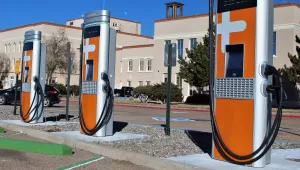
Abstract
Waste collection, treatment, and safe disposal systems are rare in developing countries as these processes and systems have been mostly viewed from a cost-centric perspective in conjunction with weak or non-existent environmental policies. Consequently, solid waste generation has turned into a problem of significant proportions in many countries with severe degradation of land, air, and water quality and adverse effects on environment and public health. New waste-to-energy (WtE) systems using municipal solid waste (MSW) to produce energy (based on emerging technologies beyond traditional incineration), can serve as a useful bridge towards sustainable waste management. In this paper, a quantitative Waste to Energy Recovery Assessment (WERA) framework is used to stochastically analyze the feasibility of WtE in selected cities in Asia. Future policy measures of feed-in tariffs, payments for avoided pollution, and higher waste collection fees are assessed to evaluate if WtE systems can be made self-sustaining investments. The results show that WtE systems can generate up to 290 GWh of electricity in Karachi, and up to 60 GWh in Delhi from municipal waste feedstock from which recyclables (such as paper and plastics) have been removed. Net Present Value (NPV) estimation shows that hybrid WtE technology systems can be feasible in Karachi and Delhi with policy support, however Jakarta's case is challenging due to higher costs. Future investments for waste systems should use holistic evaluations that incorporate key social benefits and costs — not only of energy generation but also of emissions reductions and impacts on public health — and identify necessary policy support for ensuring viable and sustainable solutions.
Siddiqi, Afreen, Masahiko Haraguchi and Venkatesh Narayanamurti. "Urban Waste to Energy Recovery Assessment Simulations for Developing Countries." World Development, vol. 131. no. 104949. (July 2020).
The full text of this publication is available via World Development.









